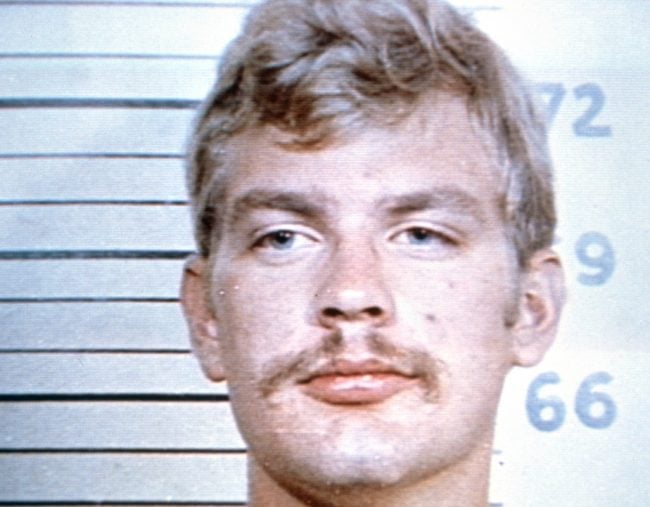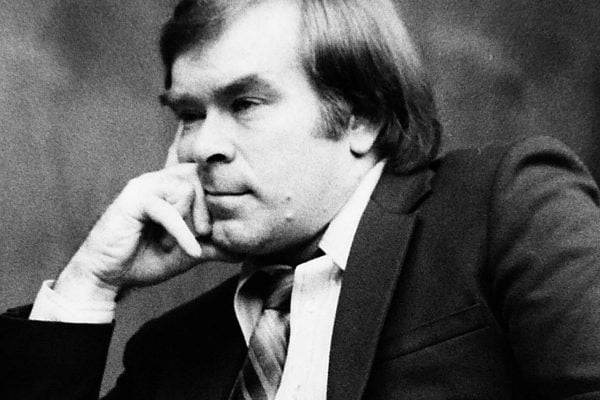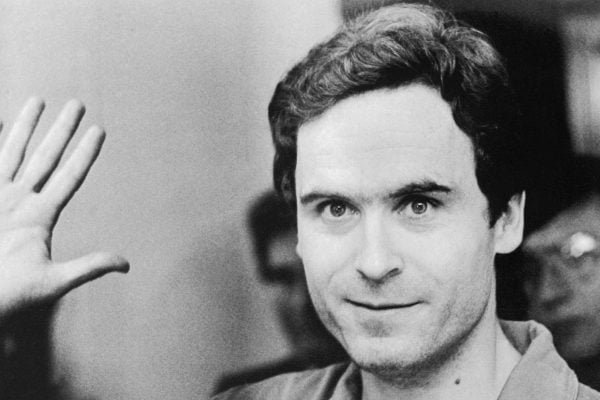
It was December 1979. A Sunday morning. Canadian film production assistant Peter Vronsky had become stranded in New York while on a job, and so sought shelter in a seedy, cheap hotel in Hell’s Kitchen for the weekend.
After checking in, the 23-year-old waited for the lift, and waited. It seemed to be stuck on a higher floor. When it eventually reached the lobby, Vronsky, tired and frustrated, glared at the man who stepped out. He had a lightly chubby face, slicked with a sheen of perspiration despite the cold. His eyes seemed empty, his stare blank.
“As he got off the elevator he walked into me, as if I was not there – walked through me – bonking me on the knee and shin with a soft-sided bag,” Vronsky wrote in his book Sons of Cain. “He didn’t say anything, apologise or even give me a glance back.”
Moments later, the fire alarm rang out, sending guest spilling out onto West 42 Street. Upstairs, a blaze engulfed a room. Within lay the mutilated remains of 22-year-old Deedeh Goodarzi and another sex worker whose identity remains unknown. The women had been raped, tortured, dismembered and torched.
It was six months before Vronsky opened a newspaper and learned a killer had been caught. A man by the name of Richard Cottingham. A man with a lightly chubby face and empty eyes…































































































